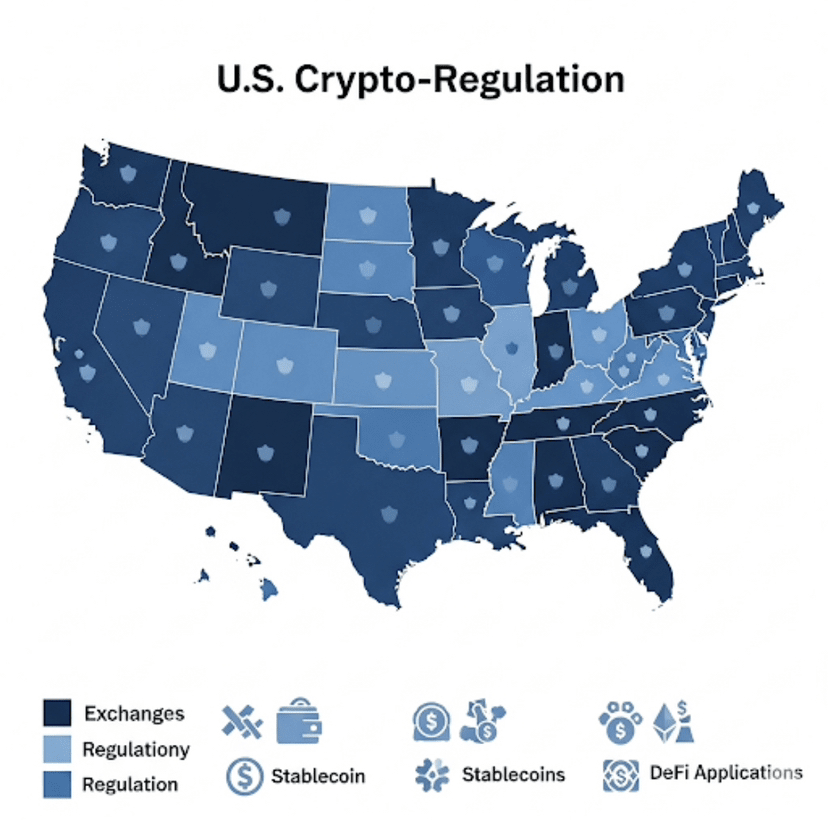#Breaking 🚨.. The U.S. House of Representatives 🇺🇸 officially passes the Clarity cryptocurrency regulation bill
The U.S. House of Representatives officially passed the Clarity cryptocurrency regulation bill 💎, a historic piece of legislation aimed at resolving the long-standing confusion regarding how cryptocurrencies are classified in the U.S. financial system. 🏛️
House members supported the bill, with a majority of 278 votes in favor and 129 against, for it to be approved. ✅🗳️
The legislation officially divides regulatory oversight between the Securities and Exchange Commission (SEC) 🏢 and the Commodity Futures Trading Commission (CFTC) – and classifies digital assets, including cryptocurrencies, either as securities or digital commodities. ⚖️
Under the new structure, the Securities and Exchange Commission will oversee tokens that meet securities criteria, while digital commodities will fall under the authority of the Commodity Futures Trading Commission. 📊
The law aims to define "digital commodity," which is a digital asset inherently linked to a blockchain system, deriving its value or is expected to derive from the use of blockchain. 🔗💻
The law allows crypto projects to gradually transition away from SEC oversight as they become decentralized. 🚀🌐
Source: The Street 🗞️
Summary of the news:
The U.S. House of Representatives 🇺🇸 takes a historic step by passing the "Clarity" law 💎. This law aims to establish clear and organized rules for cryptocurrencies 📈, which have long lacked specific regulation. ⏳
Key provisions of the law include:
* Classification of digital currencies: The law defines whether a digital currency is classified as a "security" 📜 (like stocks) or a "digital commodity" 🪙 (like gold or oil). This removes the ambiguity that had surrounded the classification of these assets. 🤔
* Distribution of supervisory powers: The law divides oversight responsibility between two main entities:
* Securities and Exchange Commission (SEC): 🏢 It will be responsible for overseeing digital currencies classified as "securities."
* Commodity Futures Trading Commission (CFTC): 📊 It will be responsible for overseeing digital currencies classified as "digital commodities."
* Support for decentralized projects: The law allows new cryptocurrency projects to start under the supervision of the Securities and Exchange Commission, and as they develop and transition into "decentralized" projects (i.e., with no central authority controlling them) 🌐, they can move away from the SEC's oversight. This encourages innovation in the blockchain sector. 🚀
Why is this important?
This legislation represents a significant step towards providing a clearer and more stable regulatory environment for the cryptocurrency market in the United States. This clarity is expected to increase investor 💰 and institutional confidence, potentially supporting the growth and development of this vital sector. ✨

